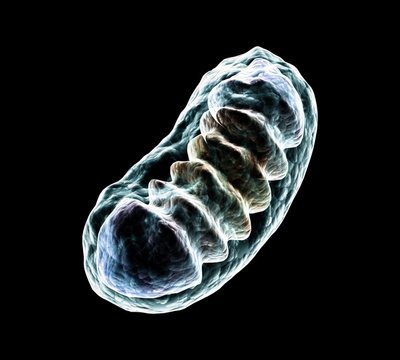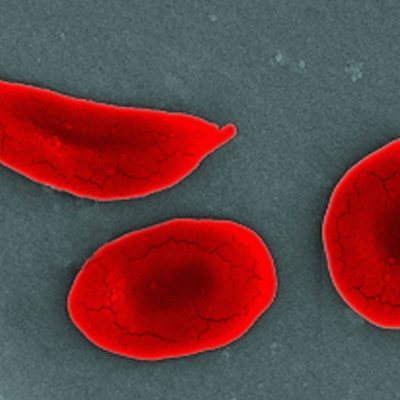The Japanese government has recently passed a law that allows scientists to conduct experiments with human stem cells in animal embryos. The aim of this research is to grow human organs in animals, which could potentially eliminate the need for organ donations. The Japanese Ministry of Science and Technology has dismissed ethical concerns about creating hybrid creatures, stating that the risk is technically zero. The new law gives scientists more freedom to create animal embryos that contain human genetic material, without the need to destroy them immediately after birth.
The new law has made it easier for scientists to work with so-called “human-animal hybrids.” The Ministry of Science and Technology in Tokyo now allows hybrid creatures that contain both human and animal genes to be created and kept alive. Previously, the implantation of human stem cells in animals was heavily restricted in Japan. The new legal framework gives scientists more freedom, allowing them to create animal embryos that contain human genetic material without the need to destroy them immediately after birth. The induced pluripotent stem cells (iPS cells) used in these experiments can potentially be used to grow human organs in animals for transplantation.
The previous law allowed for these experiments, but the animal-human hybrids had to be killed within two weeks. The short time frame was due to “ethical concerns about the unclear separation of humans and animals.” However, the Ministry of Science and Technology now believes that the risk of creating a hybrid creature with both animal and human elements is technically zero. Japanese scientists hope to create a pig embryo with a human pancreas growing inside it. Similar experiments have been conducted in other countries, such as the United States, where scientists have created organisms containing human and sheep genetic material. The aim of these experiments is to develop methods for producing human organs that could eliminate the need for donor organs.










